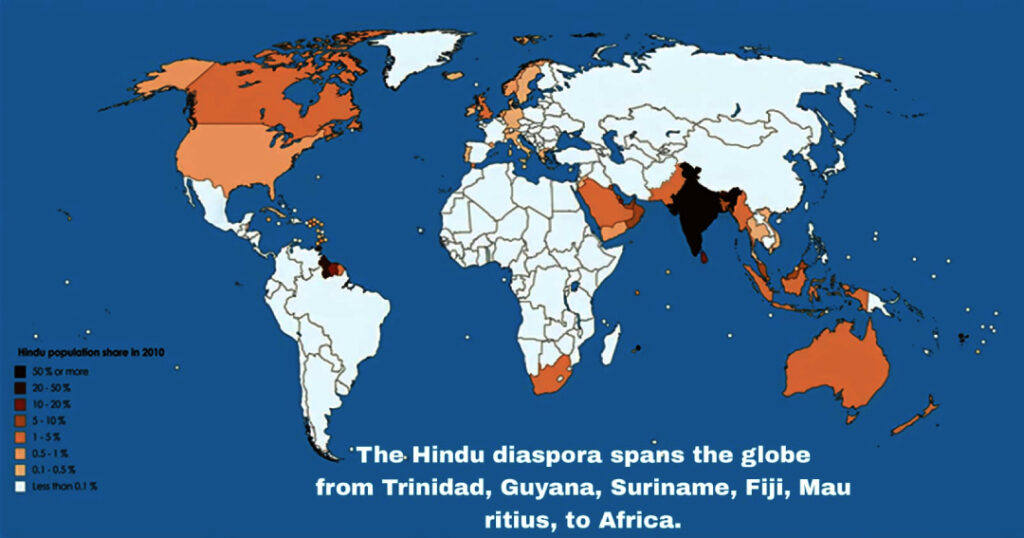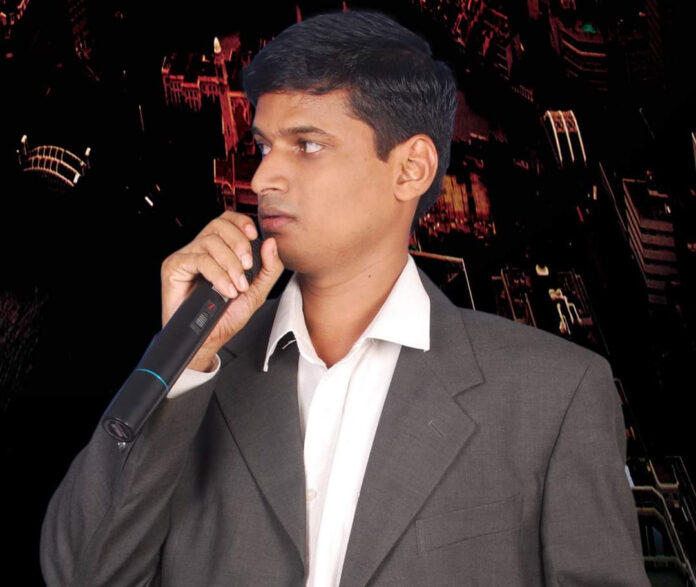A renowned thought leader in Hinduism, Dr. Anadi Sahoo, Founder of Spiritual Bharat, holds that distinction. A native of Puri, abode of Jagannath, Anadi has completed a 12-year Gurukul spiritual training from Nath Sampradaya. Moreover, he is also a spiritual scientist, author, and trainer. He has made significant contributions to Hinduism. Anadi has shared his profound insights through over 150 spiritual articles, featured on the Speaking Tree of Times of India. Committed to imparting transformational principles and practices for genuine happiness, he dedicates his expertise to those earnestly seeking spiritual growth. In a candid interaction with The Interview World, Anadi underlines the strength of Hinduism. Here are the excerpts.
Q: Hinduism has a rich tradition of tolerance and pluralism. How do you view the intersection of Hinduism with other communities in exercising an inclusive viewpoint?
A: Bharat holds a distinctive position, deriving its spirituality from timeless Dharma principles that transcend nature’s pantheon. Additionally, Dharma applies universally and eternally and encapsulates the essence of “Sarva Dharma Sahishnuta.” This reflects our age-old embrace of tolerance towards all religions.
Q: Can you provide an overview of the current situation regarding freedom of speech, expression, choice, and practice in certain districts and regions in India, particularly in the context of the minority Hindu population?
A: Media significantly shapes cultural perceptions. Nevertheless, in India, the clash between freedom of expression and religion is well-documented. Moreover, the tension between religious fundamentalists and free thinkers centers on the desire to restrict religiously hurtful speech. Therefore, Hindu religious nationalists aim to propagate Hindu philosophy while safeguarding the culture from external influences, avoiding violence, enmity, radicalization, and human rights violations.
Q: As a thought leader in Hinduism, what role do you believe Hindu leaders should play in fostering an environment that upholds the values of religious and cultural choices of certain Hindu communities who feel stifled in a social milieu?
A: Elevating the Upanishads as a central teaching element while fostering active debates accessible to all, is paramount. Hinduism, a valuable treasure, should not be secluded but open to all believers or researchers, fostering Sadhus from diverse backgrounds.
More than 7 to 8 million Sadhus live in ashrams. Why can’t they shift to 100+ minority Hindu population districts of India? With proper skills training, they can live happily and motivate others.
Q: How can interfaith dialogue be promoted to bridge the gaps and create a more inclusive environment that respects the diverse perspectives within the country?
A: Promoting open dialogue among researchers from different cultures dismantles barriers and encourages understanding. In the Indian multicultural context, absolute secularism isn’t feasible; it needs contextualization. Applying contextual secularism recognizes the limitations of freedom of expression due to India’s multi-religious nature. Hence, it necessitates policies based on respecting core religious principles.
Q: In your opinion, how can education and awareness campaigns be employed to promote a better understanding of diverse viewpoints and foster an atmosphere of tolerance and acceptance?
A: Education serves as a vital tool for promoting intercultural understanding and tolerance. A common curriculum ensures children retain their native culture, contributing to a deeper understanding of the country’s diverse cultures. Hinduism, with its disciplines of debates and logic (nyaya) and critical investigation (mimansa), teaches that ultimate divinity resides within us (Aham Brahmasmi).
Q: What role do you see for legal safeguards and mechanisms in ensuring the protection of fundamental freedoms for all citizens, and how can these be strengthened?
A: Recognizing the pivotal role of social peace and human rights, integrating religious ideas into daily life fosters swift social reforms while maintaining the Hindu core. Upholding the belief in equality for all humans and respecting lives equally strengthens Hinduism. As people seek spirituality and escape modern materialism, addressing internal issues can position Hinduism as a transformative solution.




Gratitude for your valuable shareing